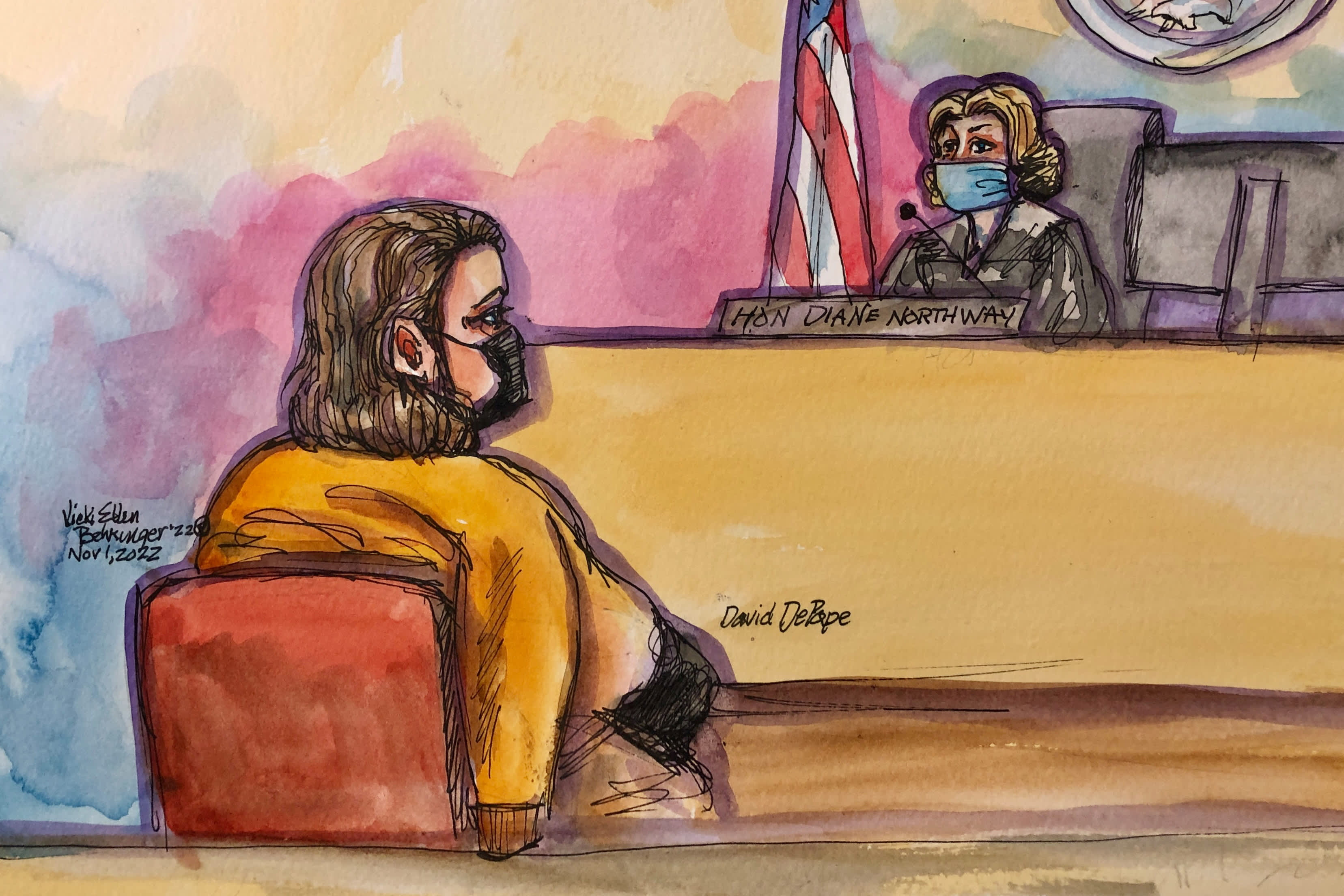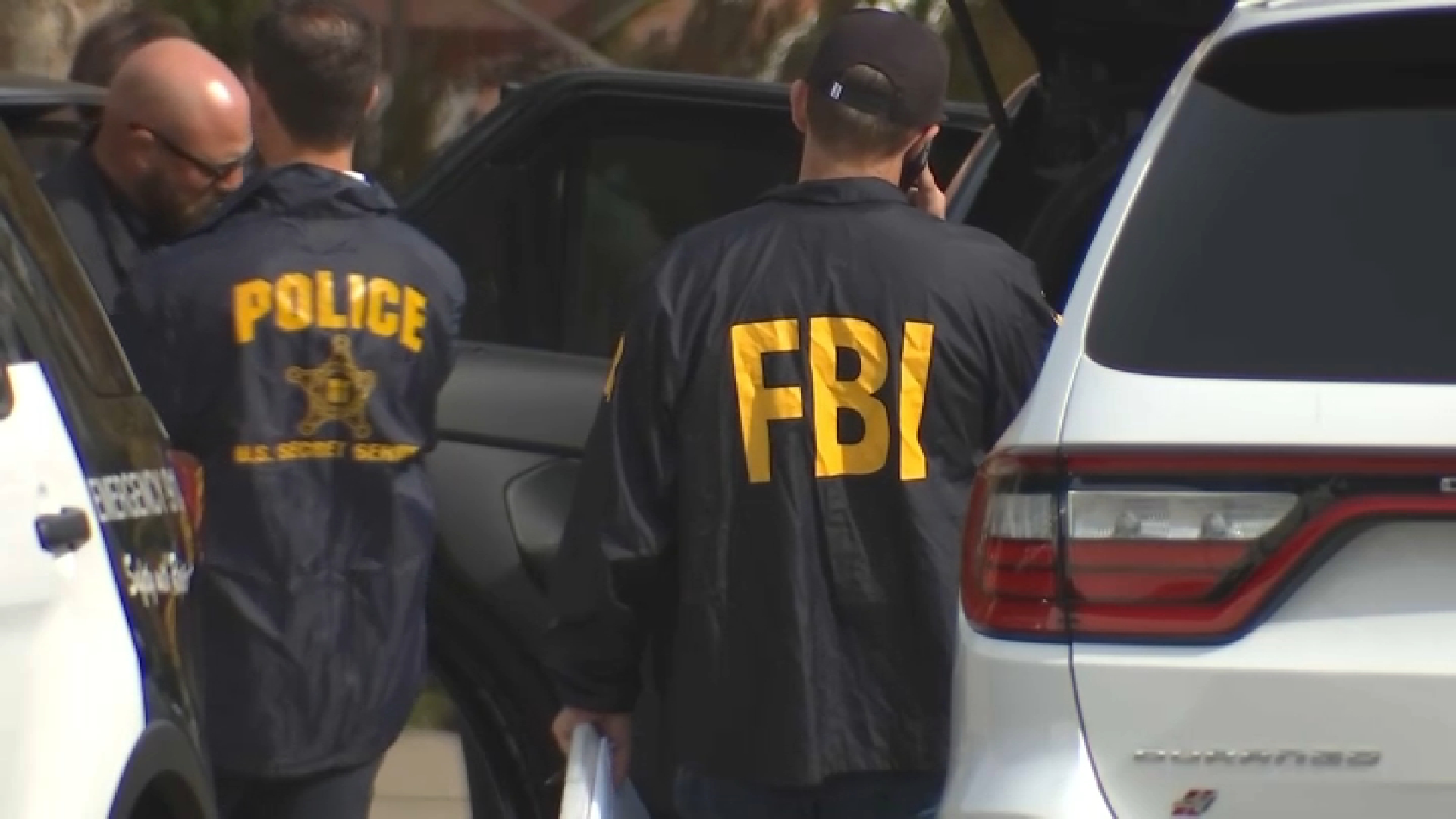House Speaker Nancy Pelosi says her husband was released from a hospital Thursday following last week's attack at their San Francisco home.
"The Pelosi family is thankful for the beautiful outpouring of love, support and prayers from around the world," Pelosi said in a statement. "Paul is grateful to the 911 operator, emergency responders, trauma care team, ICU staff, and the entire ZSFGH medical staff for their excellent and compassionate life-saving treatment he received after the violent assault in our home.
"Paul remains under doctors’ care as he continues to progress on a long recovery process and convalescence. He is now home surrounded by his family who request privacy."
Get top local stories in Southern California delivered to you every morning. Sign up for NBC LA's News Headlines newsletter.
David DePape, the 42-year-old man accused of breaking into Pelosi's home and attacking her husband with a hammer, is being held in San Francisco County jail on attempted murder and multiple other felony charges. Court documents show he was looking for Nancy Pelosi and wanted to break her kneecaps.
DePape has pleaded not guilty to the charges and is scheduled to be back in court Friday. According to the San Francisco District Attorney's Office, the state charges carry possible prison time of 13 years to life.
The district attorney has filed a motion asking that DePape be held in jail until trial.
DePape is in the United States illegally, a Department of Homeland Security spokesperson confirmed Thursday. He is a Canadian citizen who last entered the U.S. legally on a six-month tourist visa in 2008 and overstayed that visa.
"There is a significant number of visa overstays in the United States," immigration attorney Angel Rodriguez said. "With that being said, he is removable."
Rodriguez said it will likely be a long time before DePape faces any sort of deportation action because he won't be turned over to immigration authorities until his state felony charges and federal charges are settled and any sentence is served.
Rodriguez said most visa overstays are a low priority for immigration officials.
"The likelihood of them being tracked is really hard unless they are red-flagged by, A, a criminal history, B, they are trying to get some benefits that they are not entitled to, and that's normally how they come to the attention of immigration," he said.



